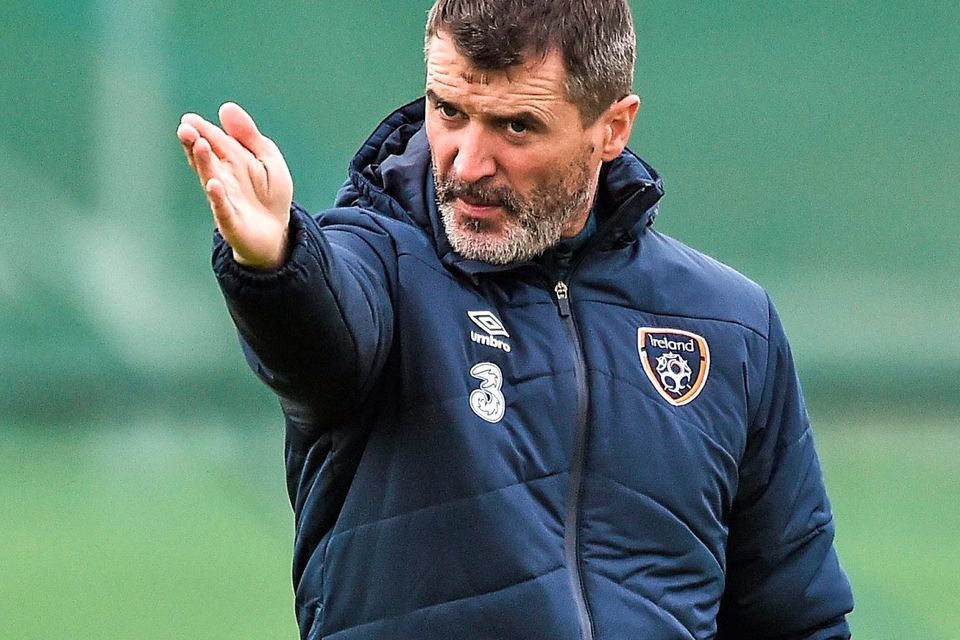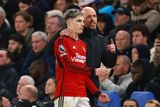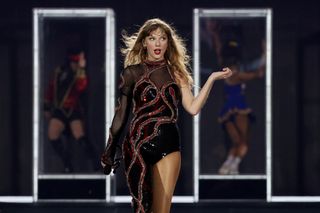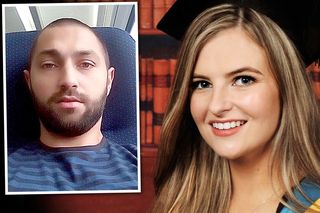Proud man may have been worn down by need to be himself
Roy Keane continues to populate the back pages while Ireland's poor form has been pushed to the margins. Photo: David Maher / SPORTSFILE
Two weeks ago, Roy Keane's irritation was a whistling kettle and now, perhaps, we are a little closer to understanding why.
Fatigue isn't a concept we readily consider in the lives of football's high earners, but yesterday's decision to leave Aston Villa at a time that can only be injurious to his future employment prospects suggests that Keane has simply been worn down by the need to be himself.
His demeanour at that now infamous press-conference in Portmarnock spoke of something preoccupying Keane, needling him almost. At the time, the media consensus held that he had been drawn so readily down adversarial roads, he was all but hungry for conflict.
Long before his dramatic eruption in response to questions about that Wednesday night incident in the lobby of the team-hotel, he had chosen to deliver comments sure to antagonise Everton and Roberto Martinez, not to mention the father of Villa's talented young midfielder Jack Grealish.
In both cases, it was difficult to see how Keane's candour could have been helpful (on either front) to Martin O'Neill or (in Grealish's case) Paul Lambert. But Roy sometimes seems compelled simply to get stuff off his chest. It is why his press conferences are all-ticket.
Keane has little truck with diplomacy or politesse at the best of times. When tired, his opinion can swing like a wrecking-ball. And in Portmarnock last Sunday week, it most assuredly swung.
Keane's role with Villa (as with Ireland) has been neither especially technical nor, to the best of our knowledge, tactical. He has been there to galvanise players, to chat informally, imparting a competitive energy that once had the Premier League in thrall.
The soundings from both dressing-rooms suggest that he is rather good at this. Excused the padlocked responsibilities of front-line management, he has looked comfortable walking among young players for whom his name, most probably, still conjures up images of epochal achievement.
But, after a bright start that included victory over Liverpool at Anfield, Villa's season has curdled into another agonised wrestle with familiar worries at the basement of the Premier League.
Despite drawing their last two games, their form over the last six is the worst in the league. Sitting just two points above the relegation zone, the job of galvanising probably thus becomes more challenging with every passing setback.
For Keane, we can but assume that the need to be imaginative in his message, to convey something beyond fire and brimstone parody, proved increasingly draining.
You have to wonder too about the impact of those less than complimentary remarks about young Grealish's father. There was certainly no indication from any of yesterday's statements that this was a contributory factor to Keane's decision.
But the sobering truth of Keane's place in football today is that, to a club like Villa, he must reside some distance down the food chain from a gifted 19-year-old touted for a golden future and, most probably, an eventual multi-million transfer to higher climbs.
If Grealish was unhappy with Roy's criticism of his father, that scarcely facilitated A third New Zealander, he efforts to gently nurture the kid into the everyday stresses of life as a senior professional footballer.
All of this is just speculative, of course. Sometimes, Roy Keane simply follows his heart. If he believed that Villa were getting just a shell of what he had promised Lambert, there is no doubting that pride alone would have persuaded him to walk away.
Going through the motions was never his modus operandi in football. Quite the contrary, Keane would regard that as something shameful.
He will know, too, how the optics of abandoning a team locked in a mid-season struggle will not impress any club chairmen who might have begun to view him as some kind of rehabilitated version of the man sacked by Ipswich in 2011 and so enthusiastically allowed leave Sunderland three years earlier.
Leaving Villa won't, thus, have been a decision he can possibly have taken lightly given its potential, long-term implications.
Yet in that alone you can, maybe, detect a fundamental honour at work here. Keane has not seemed at ease with himself in recent weeks. The stresses of a Premier League relegation battle demand absolute focus and commitment from those charged with setting the dressing-room dynamic and, if Keane sensed he was bringing little more to that room than a bad mood, then the honest thing - whatever the personal cost - was to walk away.
In doing so, he removes any suspicion that both Villa and Ireland are each just getting a capped percentage of Roy Keane.
"There are never good endings in football," he writes in his book 'The Second Half'.
That may be so but, sometimes, there are wise ones.















